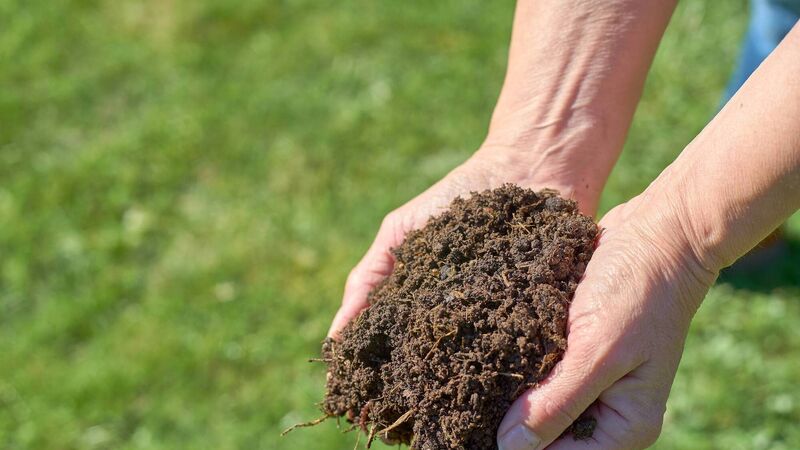Irish plan to use GPS-controlled fertiliser spreaders assessed as 'Greenwashing'

Eco-schemes include measures to improve soil fertility, such as soil sampling, crop diversification, and sowing multispecies swards.
From 2023, farmers must undertake actions beneficial to the climate, biodiversity and the environment, in return for 25% of their EU direct income support.
Across the EU, these eco-schemes include leaving aside a set percentage of farmland for nature, more extensive livestock production, limiting chemical nitrogen usage, planting native trees, soil sampling and appropriate liming, crop diversification, or sowing multi-species swards.
CLIMATE & SUSTAINABILITY HUB













